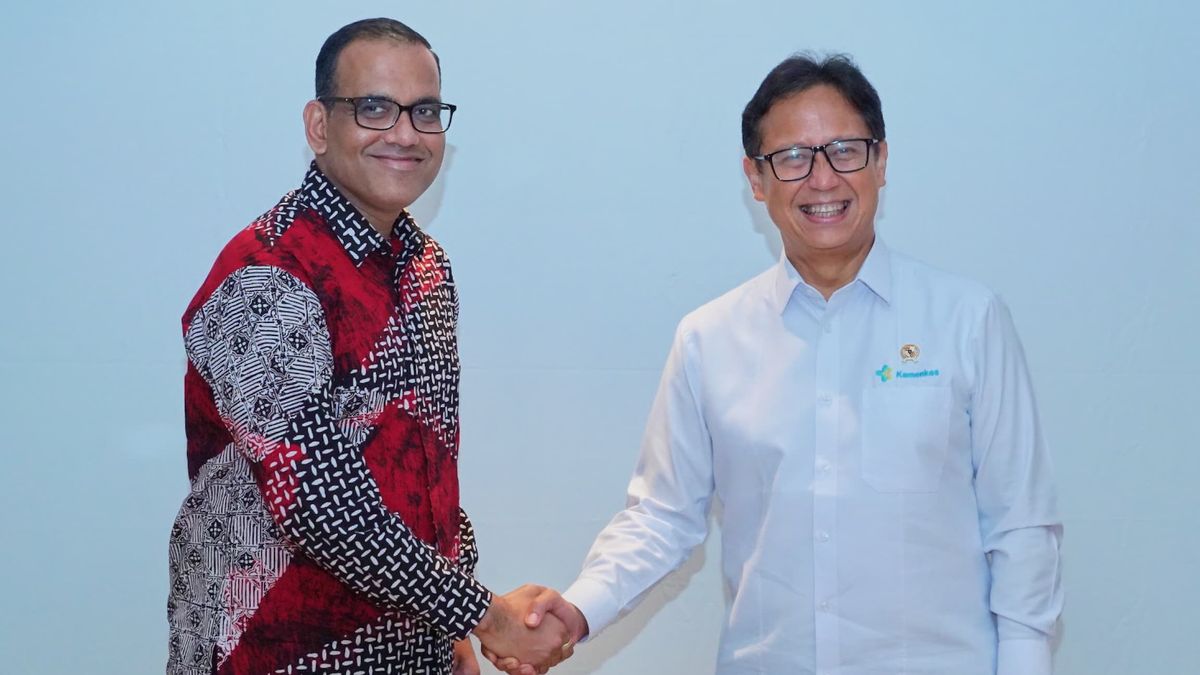In Indonesia, a nation of over 279 million people, the healthcare system faces significant challenges due to the prevalence of both communicable and non-communicable diseases. Communicable diseases account for 21% of deaths, while non-communicable diseases contribute to 73%. This situation underscores the need to shift focus from merely treating illnesses to investing in preventive measures, early diagnosis, and timely treatment. Such a proactive approach can enhance the healthcare system's efficiency and reduce future medical expenses.
Recognizing these challenges, PT Glaxo Wellcome Indonesia (GSK), a global biopharmaceutical company with over 50 years of presence in the country, is actively collaborating with the Indonesian Ministry of Health (Kemenkes) to drive healthcare innovations. Their joint efforts aim to improve the average life expectancy of Indonesians, surpassing global averages, and to elevate Indonesia's position in the health sector innovation index.
A key area of focus is the elderly population. As individuals age, their immune systems weaken, making them more susceptible to infections and diseases. Vaccination is a crucial strategy to protect this demographic from preventable illnesses such as respiratory syncytial virus (RSV), shingles (herpes zoster), and influenza. By preventing these diseases, the quality of life for the elderly can be significantly improved.
Beyond vaccination, GSK supports the prevention of disease progression through innovative therapies for conditions like chronic obstructive pulmonary disease (COPD) and asthma. These treatments aim to reduce hospitalization rates and alleviate the economic burden associated with respiratory complications.
Another pressing issue is the health of tuberculosis (TB) survivors, many of whom suffer from post-TB lung disease (PTLD). Over half of the 66 million people who survived TB between 2000 and 2020 experience long-term effects like PTLD, leading to chronic respiratory problems and psychosocial issues. Preventing additional infections in these patients through vaccinations, such as those for herpes zoster and RSV, is vital to enhance their quality of life and optimize healthcare resources in TB management.
To ensure the successful implementation of these health innovations, a robust support system is essential. GSK's Global Health division has introduced the Open Lab Foundation platform, providing local researchers with access to facilities, international training, and opportunities for scientific collaboration. This initiative also facilitates clinical trials to expedite the development of health solutions tailored to the needs of the Indonesian population.
The Indonesian government can further bolster these efforts by applying lessons learned from the pandemic, such as increasing adult vaccination rates and improving vaccine accessibility. GSK Indonesia has committed to launching at least one innovative product every six months throughout 2024, including treatments for COPD and asthma, and accelerating the availability of vaccines for communicable diseases across all age groups, particularly high-risk populations like the elderly and immunocompromised individuals.
By fostering such collaborations and focusing on preventive healthcare, Indonesia can aspire to provide its citizens with equitable access to medical innovations comparable to developed nations, ultimately achieving a healthier and more prosperous society.
Read More






 Thursday, 05-02-26
Thursday, 05-02-26







